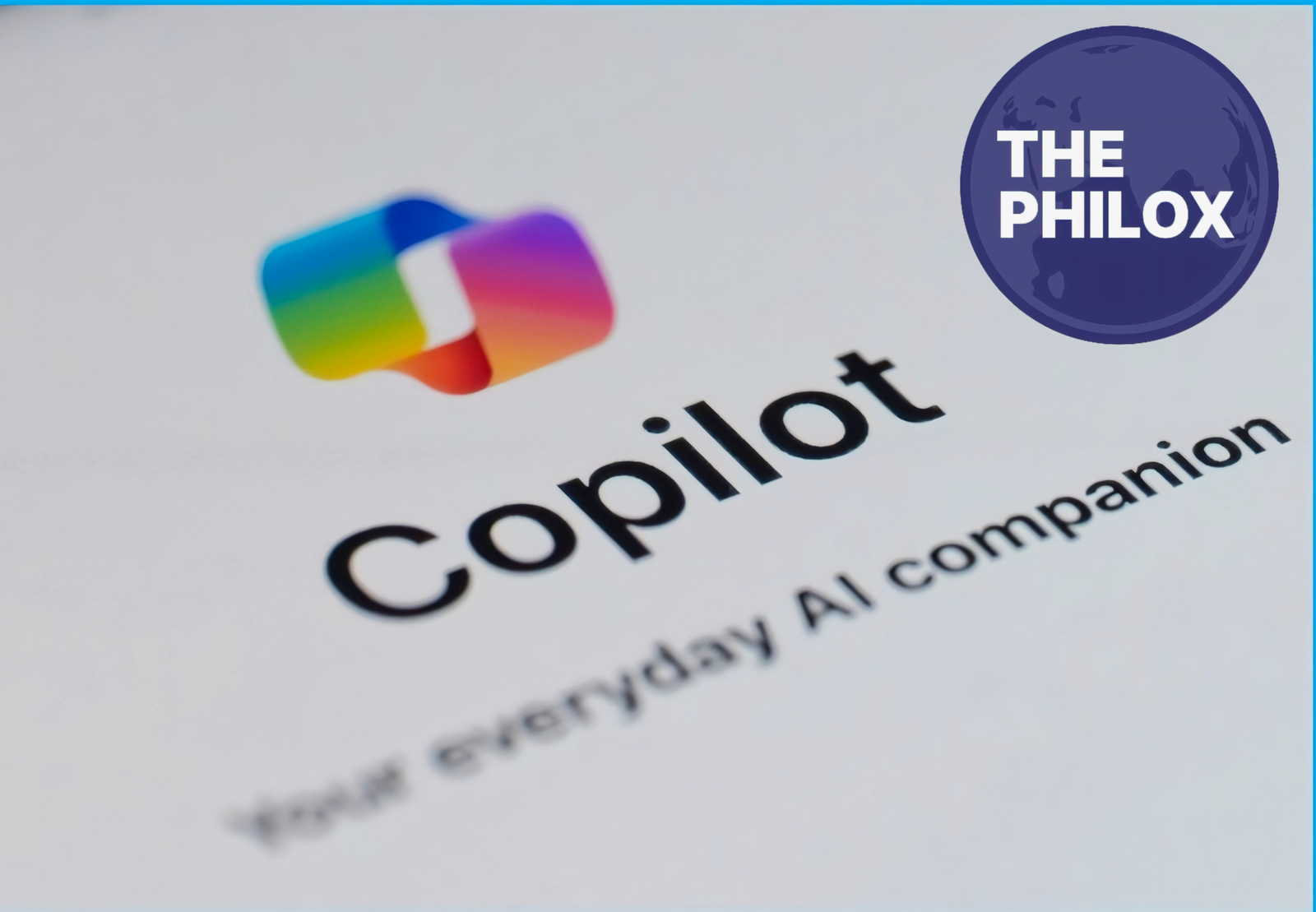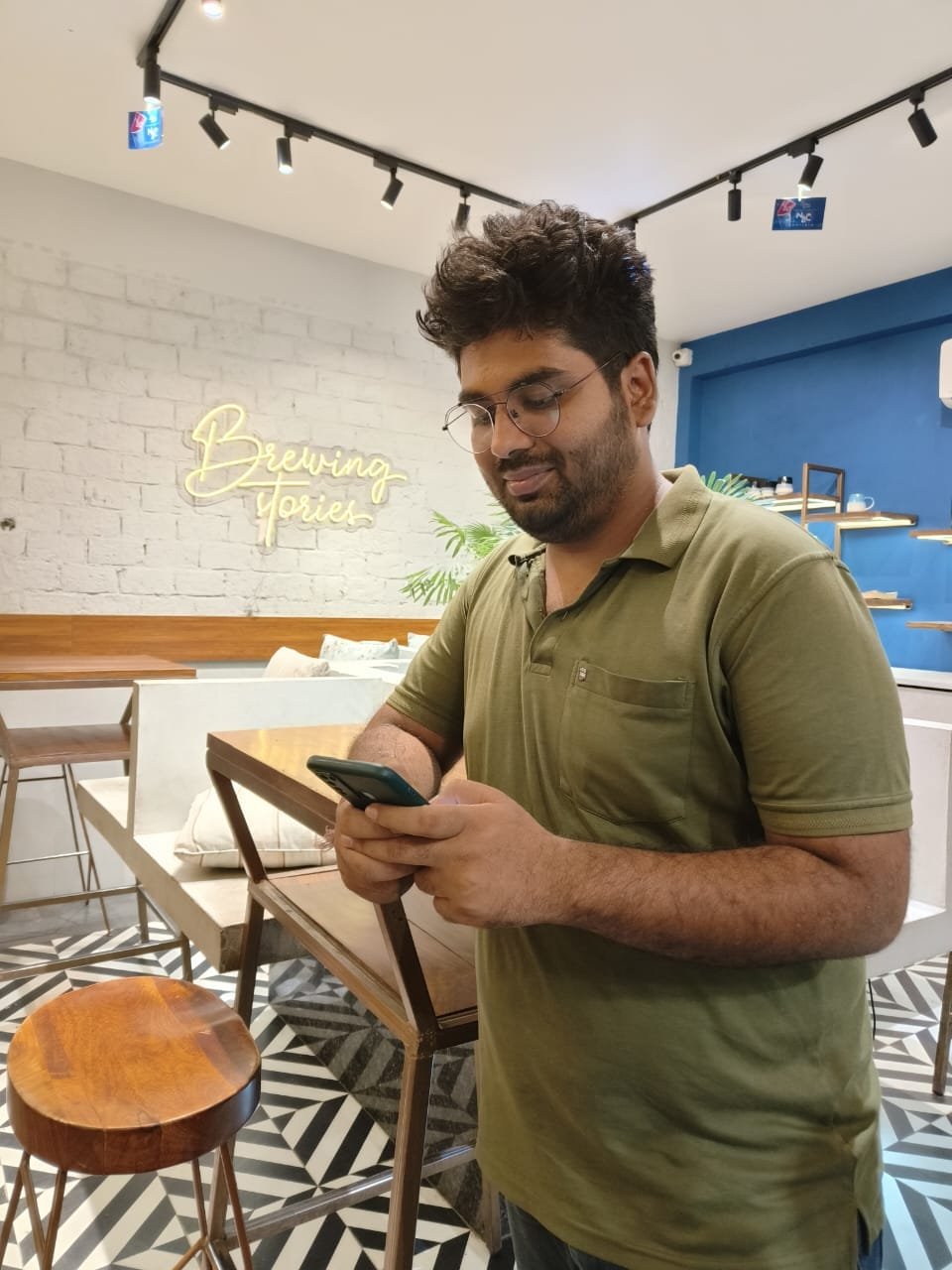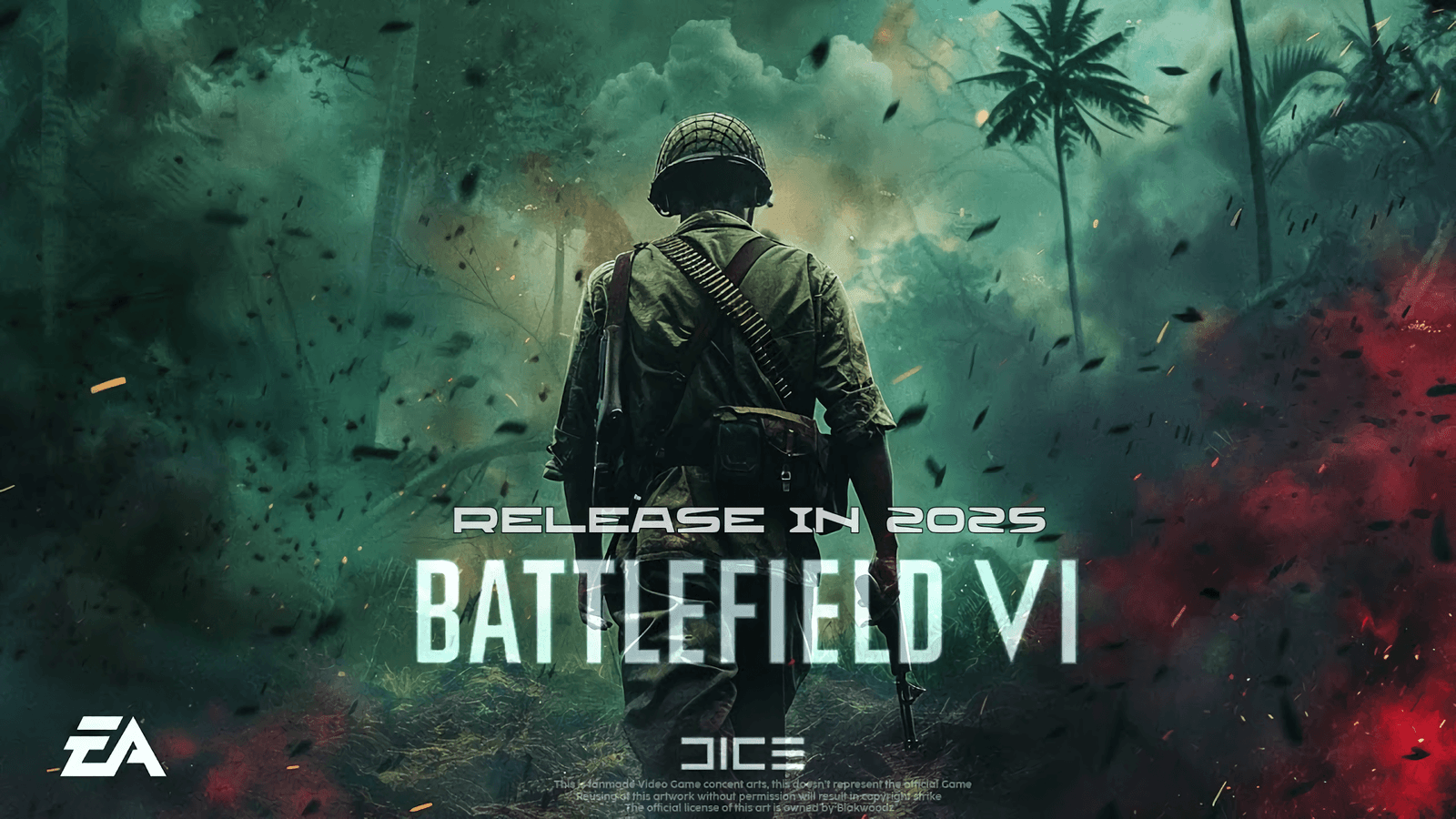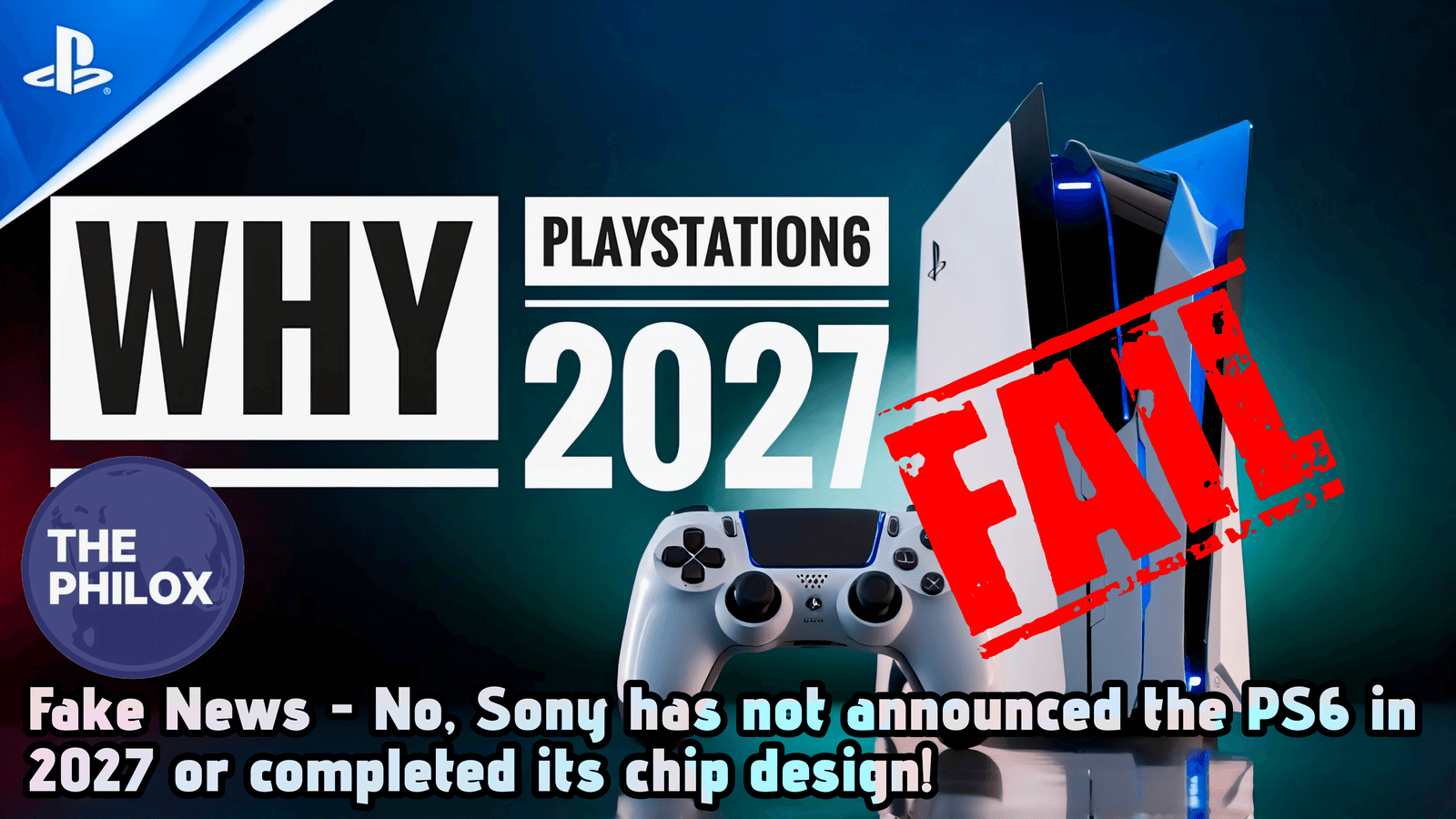New AI Tool from Microsoft Causes Outrage
Part of its Copilot+ system for Windows PCs, Microsoft has developed a new artificial intelligence capability known as Recall.
Every few seconds, this function silently captures images of what is on your display. Microsoft claims that just asking the AI helps consumers locate past activities.
For instance, you might ask Recall to locate a recipe you saw a few days ago and it will highlight the screenshot.
Many people, meanwhile, are worried. It feels like spying when you consider a machine always photographing your screen.
Some refer to it as a “privace nightmare.” Critics claim it can be abused, particularly if someone gets hold of your PC.
Others worry that this represents a significant step towards normalizing continuous digital surveillance.
The Mechanism of Recall
Every few seconds, the Recall tool records screenshots of your PC screen locally on your device.
Artificial intelligence then handles these images to enable you to search for material using natural language.
Saying, “Show me the blue dress I saw on Monday,” for instance, will cause the AI to get that same screenshot.
Microsoft says the data is encrypted and never leaves your device. Only the user may view the screenshots since they are kept on the hard drive of your computer.
Still, analysts believe that this defense might not be sufficient, particularly should malware or hackers find their way into your machine.
Why Is a Privacy Nightmare Called Such?
Recall has the drawback in that it records everything that shows on your screen. This covers emails, bank account details, passwords, medical records, personal pictures, messages, even private talks.
Theoretically, someone with access to the kept screenshots may view your whole digital existence.
Security experts contend that even if the concept sounds beneficial, it creates several hazards. Should a hacker access your device, they won’t have to hunt for crucial information or guess your passwords.
All they have to do is search your screenshots for all they require. Critics claim without clear warnings, this greatly increases consumers’ danger.
Issues raised by those advocating privacy
Privacy authorities have responded forcefully. They think it unsafe to save frequent screenshots, even locally.
Users might not know, they argue, how much data is being stored or how readily it could be stolen or used. Some fear that in the future governments or companies could utilize this technology to track individuals’s behavior.
Though Microsoft claims users can choose which apps or webpages are logged, experts point out most people follow the default settings.
Millions of people may so be unintentionally allowing their smartphones to capture images of all they do.
User confidence is in danger.
People count on their computers to protect their data. A feature like Recall can make consumers feel as though they are under observation when a corporation adds it. This erodes confidence.
Knowing that screenshots are constantly being collected, users could start to get uncomfortable using their computers.
For those in professions like doctors, attorneys, or journalists where privacy is vital, this is extremely troubling. Every day they handle private information; having their screens filmed could cause major ethical or legal issues.
Microsoft’s Reaction to the Retaliation
Microsoft responded to the criticism by stating that, while developing Recall, privacy and security had first importance.
The screenshots are encrypted, they clarified, hence only the user may access them. Users can also stop the recording function as needed and remove any screenshots at any moment, they further mentioned.
Many consumers, nevertheless, believe this is insufficient. Critics contend that even with encryption, merely storing such sensitive data still carries risk. Some think this kind of technology ought to be “opt-in” rather than active by default.
What should consumers do right now?
If you run a Copilot+ PC, you should know what Recall performs. To find whether it is turned on, review your settings. Should you find it objectionable, you can disable or restrict it. Microsoft lets users mark some apps or websites off as not recording.
Strong passwords and antivirus software help users to additionally ensure their PC is safeguarded. Should hackers find their way into your machine, they could pilfers your data from the kept screenshots.
Looking ahead: a more intense discussion over privacy and artificial intelligence
The recall function begs more issues concerning the extent of artificial intelligence should be allowed.
Although it can be really helpful, it can also turn invasive. Companies will have to exercise greater caution in safeguarding consumer data as artificial i
ntelligence capabilities becoming more potent. People will also have to consider more how much of their digital life they wish machines to recall.
This argument covers more ground than only one aspect. It has to do with the direction technology is moving. Should convenience drive us to trade privacy? Is it reasonable to let machines monitor all we do? These are issues consumers and businesses have to answer jointly.
In summary
Although Microsoft’s Recall tool was meant to simplify our digital life, it has generated anxiety and criticism rather. Many people find great discomfort in the concept of continual screen captures—even if they are kept locally.
Experts caution that it might be perilous, particularly if unscrupulous actors find access. Microsoft guarantees great privacy controls, but public mistrust still exists. This debate demonstrates how, when improperly handled, even with good intentions, artificial intelligence systems can cause major worries.
The harmony between convenience and privacy will become increasingly crucial as technology develops.




